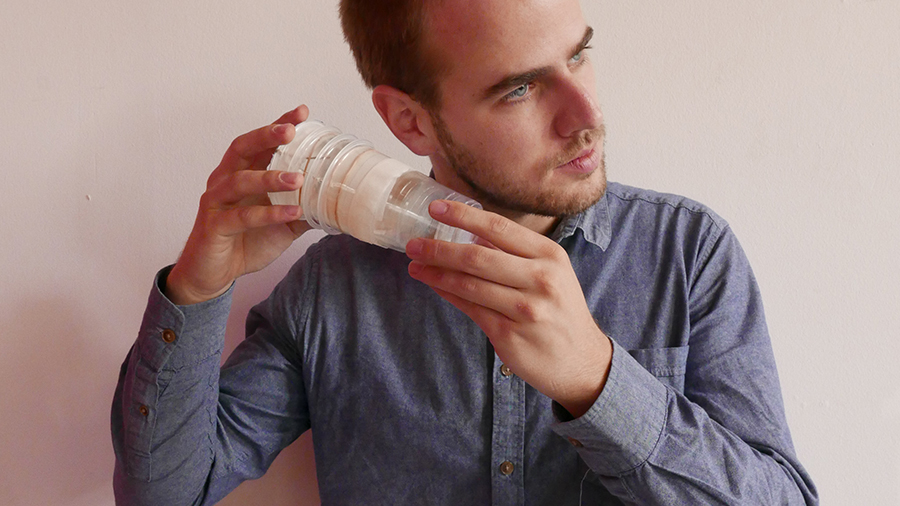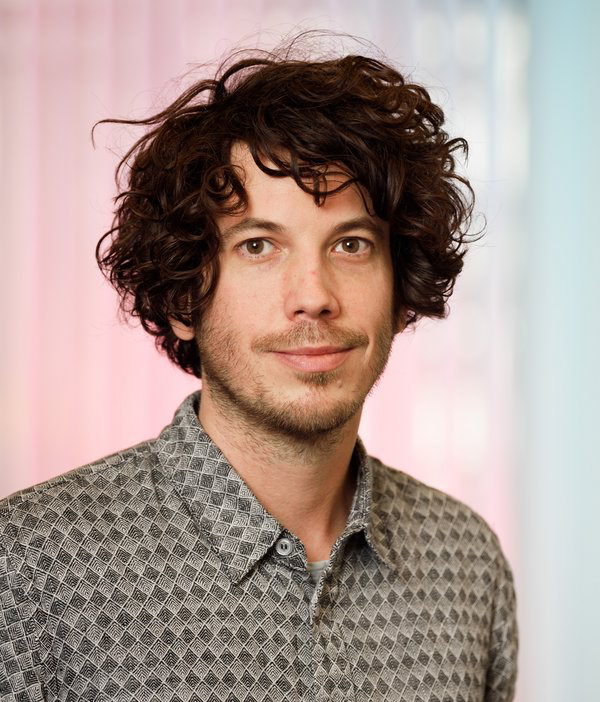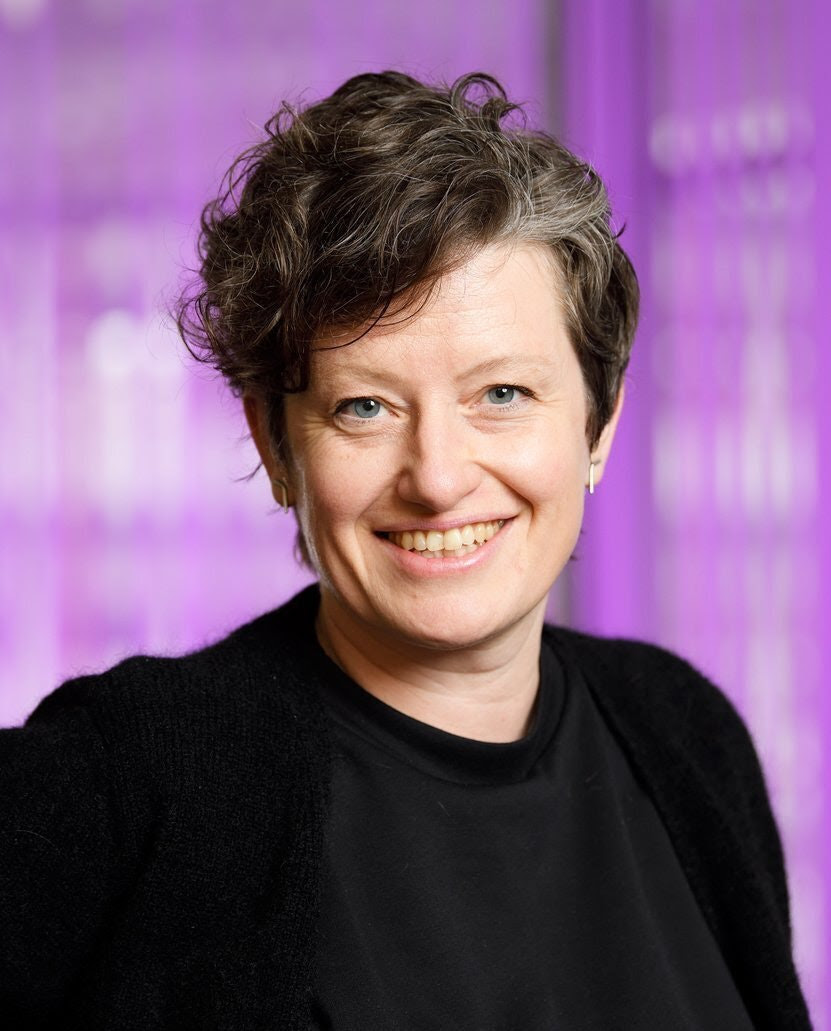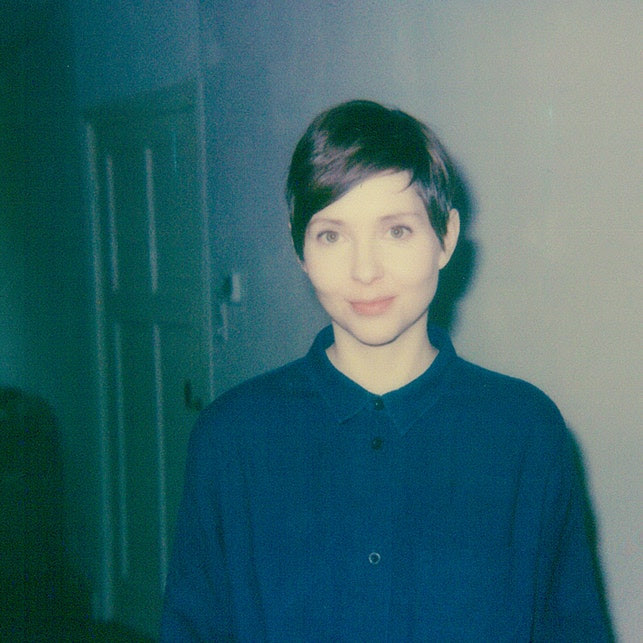Syllabus⇝
Students will participate in a series of workshop activities that address challenges for quickly embodying concepts, and addressing them through lived experiences.
Throughout the week, students will engage in early and easy making processes. They will address experiences of these things through the body. Each student will move through: · Lo-fi version of their project/concept · Different time scales · Move from speculation to having a component of reality for their concept.
On the final day students will present an embodied concept.
Deliverables⇝
Research artifacts, lo-fi version of project/concept, personal reflection.
Faculty⇝
Oscar Tomico is associate professor at the Department of Industrial Design at Eindhoven University of Technology on Design Research Methodologies for Posthuman Sustainability. His research revolves around 1st Person Perspectives to Research through Design at different scales (bodies, communities and socio-technical systems). Ranging from developing embodied ideation techniques for close or on the body applications (e.g. soft wearables), contextualized design interventions to situate design practice in everyday life, exploring the impact of future local, distributed, open and circular socio-technical systems of production, or experimenting with cohabitation as a posthuman approach to multi-species design.
Kristina Andersen is associate professor at the Future Everyday cluster of the Department of Industrial Design. Her work is concerned with how we can allow each other to imagine our possible technological futures through digital craftsmanship and collaborations with semi intelligent machines in the context of material practices of soft fiber-based things. How can we innovate, design and act around that which is yet to be imagined? Who gets to drive innovation processes? And how can we reframe our methodologies to include the complex cultural, political, and personal aspects of life? Can we approach this through making (and thinking) about technology, communities and materials as a way to construct visions of the unknown?
Andersen was based at STEIM for 14 years, she was part of the Making Things Public art research program at the Gerrit Rietveld Academie and lead the Instruments and Interfaces master’s degree program at the Royal Conservatoire in The Hague. She is a longstanding advisor of the Stimuleringsfonds Creatieve Industrie, and currently acts as expert reviewer for H2020, ICT and FET for both application and project reviews. Andersen co-chaired the CHI art 2018, CHI Design paper track 2019 and 2020, and DIS pictorials 2019.
Angella currently works as a Lecturer for the M.Sc. Digital Design (MDD) programme at the Amsterdam University of Applied Sciences (AUAS), and as a Researcher for both the Fashion Research & Technology (FRT) and Civic Interaction Design (CIxD) groups at AUAS. Angella holds a doctorate degree from the Eindhoven University of Technology and Signify Research (formerly Philips Lighting Research) as a Marie Skłodowska-Curie doctoral fellow with ArcInTex ETN. Since 2007, Mackey’s design practise has investigated wearable technologies in art, research and commercial contexts. She has designed hyper-functional garments in a wide range of industries, from medical to commercial space flight, and lectured in various settings on the design challenges for integrating electronics into fashion. Most notably, she founded Vega Wearable Light, a line of illuminated outerwear for style-conscious cyclists from 2010-2014 in Gothenburg, Sweden.



